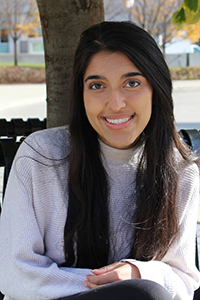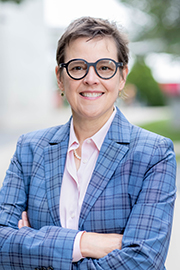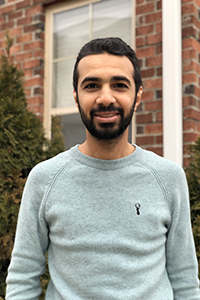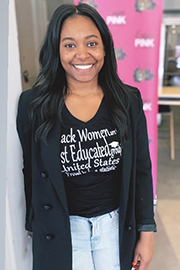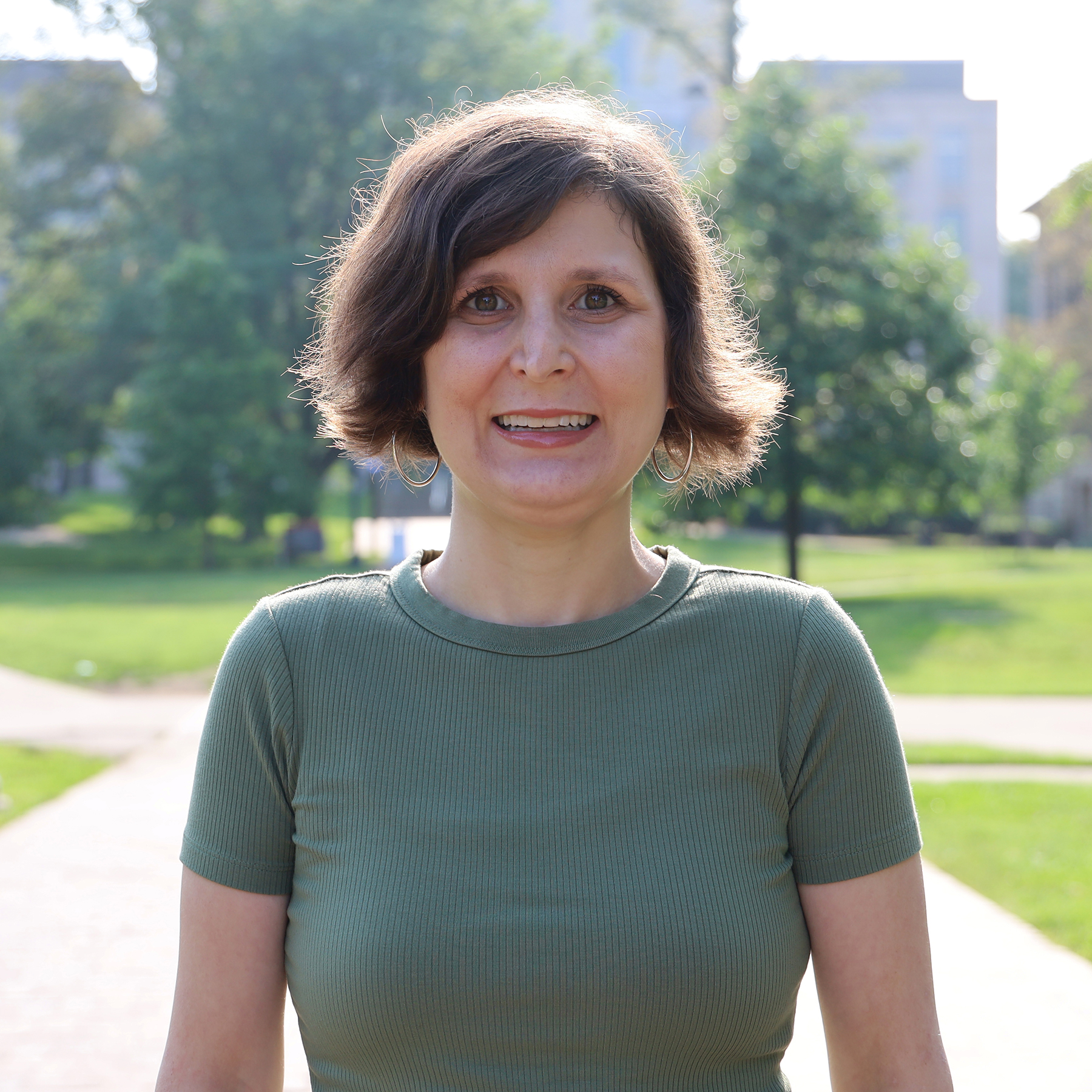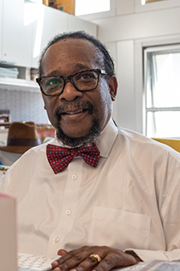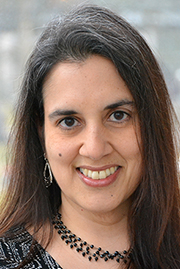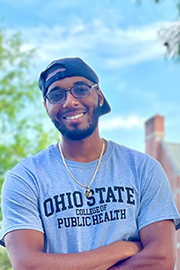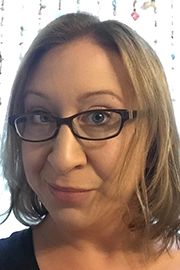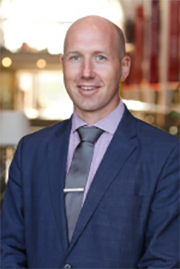15 ways to learn more about diversity this year
Recommendations from public health students, faculty, staff
By Denise Blough
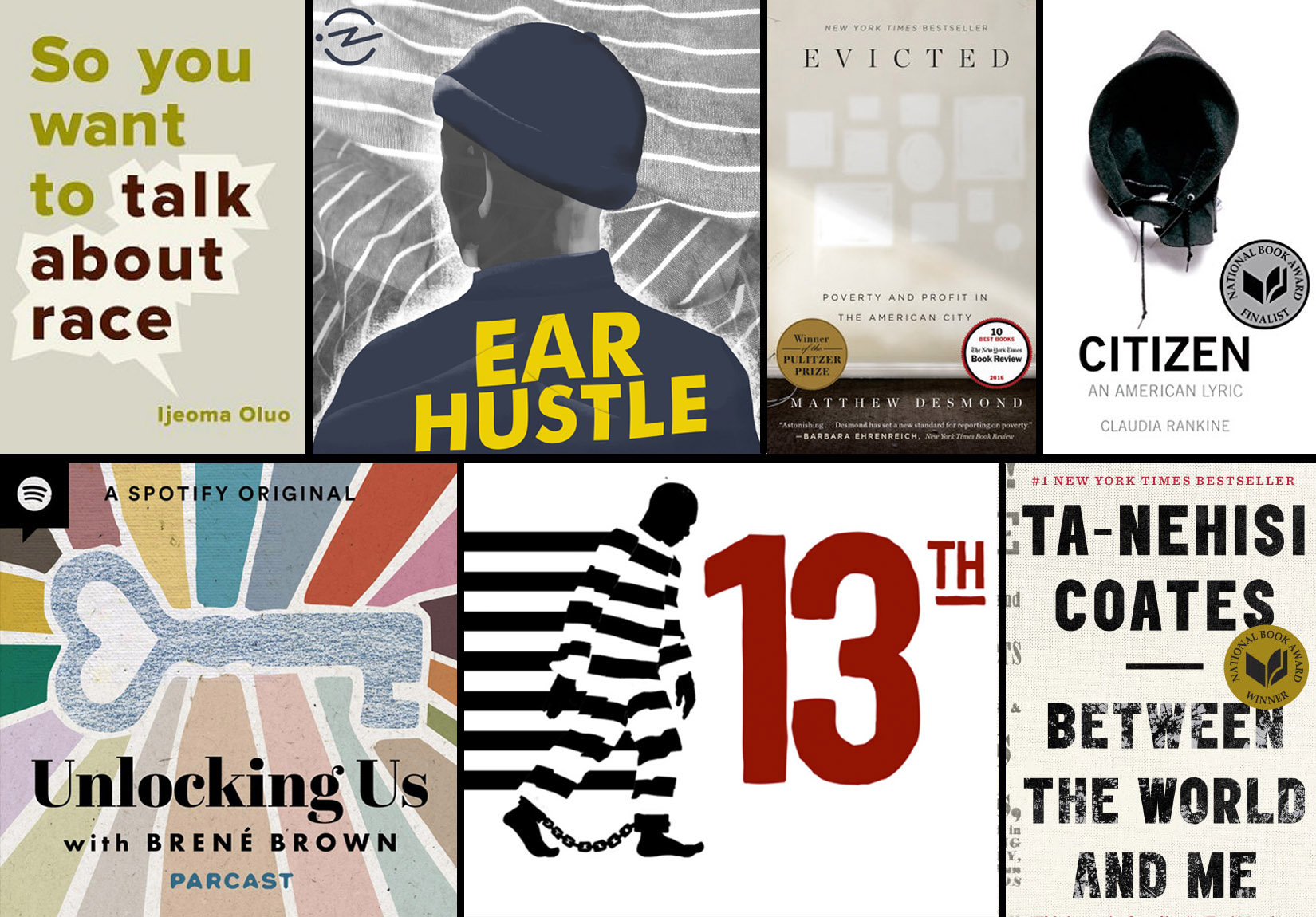
The first step to becoming less biased and more open to and inclusive of people from all backgrounds is to become educated.
The College of Public Health has championed this idea through its Community of Inclusion program for students, faculty and staff, which serves to advance participants’ understanding of diversity, equity and inclusive excellence through readings, trainings and other opportunities to expand knowledge.
We talked to members of our community to get their recommendations on the books, webinars, podcasts and documentaries that have shed the most light for them on issues of diversity, systemic racism and injustices, health inequities and more.
Recommendations
| Name and role | Recommendations |
|---|---|
Mahrukh Naqvi, BSPH student
|
|
Amy Fairchild, dean and professor of health services management and policy
|
|
Mahmood Alalwan, epidemiology PhD student
|
|
Olivia Nathan, MPH-PEP student
|
Mass incarceration and policing
Environmental and housing
For those looking to do deeper work
|
Julia Farkas, office associate, Office of Academic Programs and Student Services
|
|
Darryl Hood, professor of environmental health sciences
|
|
Tasleem Padamsee, assistant professor of health services management and policy
|
|
Lamuel Bean, epidemiology PhD student
|
|
Mindy Freed, executive assistant to the dean
|
|
Todd Thobe, assistant director of marketing, recruitment and admissions, Office of Academic Programs and Student Services
|
|
About The Ohio State University College of Public Health
The Ohio State University College of Public Health is a leader in educating students, creating new knowledge through research, and improving the livelihoods and well-being of people in Ohio and beyond. The College's divisions include biostatistics, environmental health sciences, epidemiology, health behavior and health promotion, and health services management and policy. It is ranked 22nd among all colleges and programs of public health in the nation, and first in Ohio, by U.S. News and World Report. Its specialty programs are also considered among the best in the country. The MHA program is ranked 5th and the health policy and management specialty is ranked 21st.
